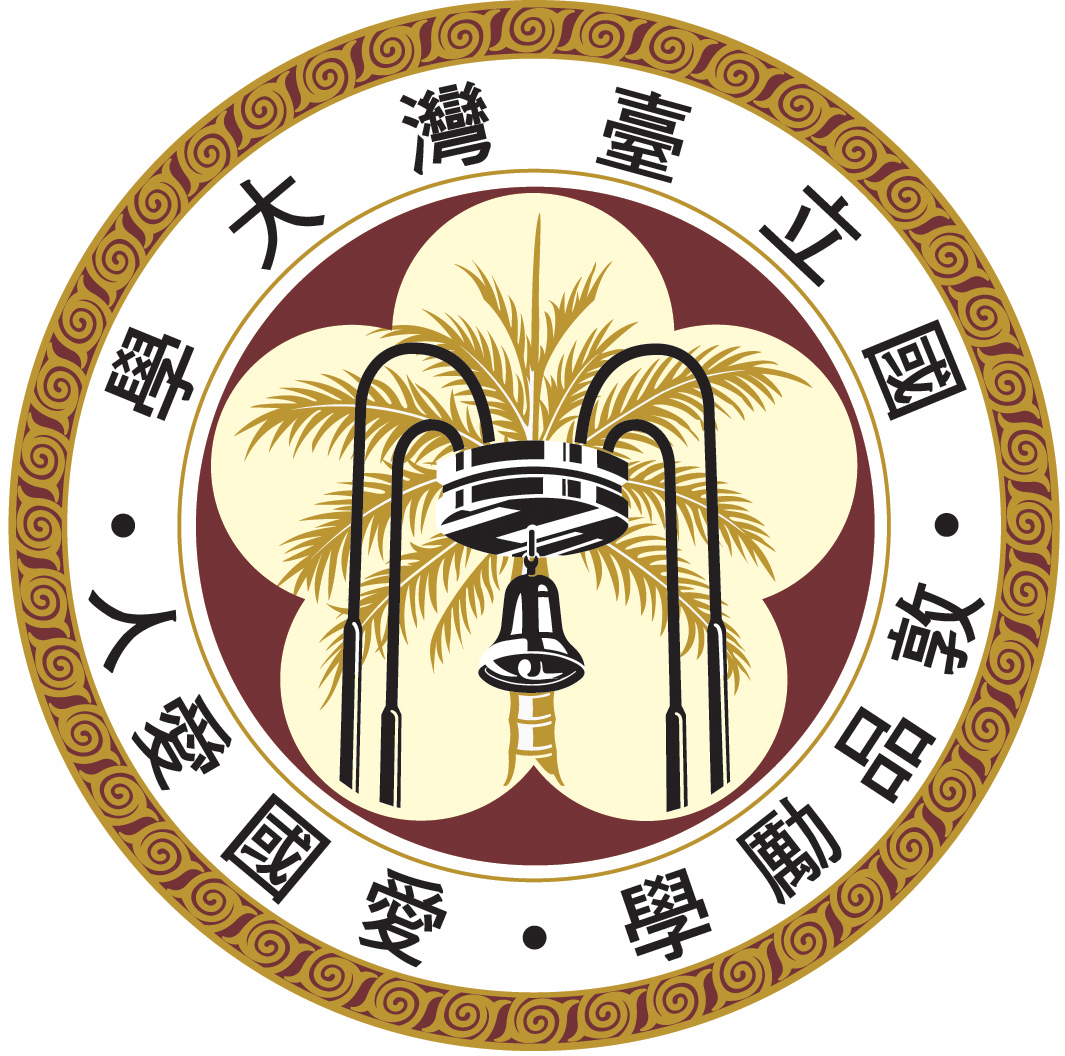I am Po-An, an assistant professor at the Department of Entomology at National Taiwan University. I am interested in many aspects of interactions between insect herbivores (especially lepidopterans), their host plants, and their environment. Among the environmental factors, water limitation is one of the most common stresses in all terrestrial ecosystems, limiting plant productivity/survival. A better understanding of how water availability affects plant-insect interactions is a critical step in understanding how abiotic factors influence the dynamics of species interactions and is especially important in understanding how climate change affects ecosystems and agriculture.
My research investigates how drought stress affects the interactions between plants and insect herbivores. I used a combination of field ecology, chemical ecology, plant physiology, and molecular biology (e.g., CRISPR/Cas9) approaches to study factors that influence the outcomes of drought-plant-insect interactions. My research has led to the discovery that drought stress leads to tradeoffs between defense strategies of plants against insect herbivores and how drought-stressed plants alter species interactions among arthropods. A fascinating finding is the ability of insects to induce drought-like responses (i.e., stomatal closure) to manipulate plant defense responses. These results suggest the general importance of water stress in the evolution and ecology of plant-insect interactions.
In addition to water availability, our recent work reveals that light is an important driver of plant-herbivore interactions. We discover that adult diel preferences of Lepidopteran herbivores are tightly connected to their host range. The associations that day-flying moths and butterflies are more specialized in their diet is further linked to the fact that plants emit significantly more volatiles during the day than at night. This hypothesis is named the "Salient Aroma Hypothesis" which argues the importance of the availability of plant chemical cues in the evolution of herbivore host use patterns. We believe this novel hypothesis will serve as an important hypothesis that explains the biodiversity of Lepidopteran herbivores and as the foundation for future studies investigating how plant volatiles influence plant-insect interactions.
This is the Insect-Plant Interaction Lab at the Department of Entomology of National Taiwan University. We are interested in understanding how plants and insect herbivores interact with each other and how these interactions influence the ecology and evolution of both plants and insect herbivores. In addition to biotic interactions, it is increasingly recognized that the abiotic factors are important drivers of plant-insect interactions. We, therefore, aim to understand how abiotic factors influence plant-insect interactions. More specifically, how water availability and light - two of the most important factors for plant growth - affect plant-insect interactions.
Plants and insect herbivores are two of the most diverse groups of organisms on earth and have intrigued biologists for a long time. The study of plant-insect interactions has played a fundamental role in advancing our knowledge in many biological disciplines, including ecology, evolutionary biology, plant biology, chemical biology, and more. Due to the roles plants and insect herbivores play in both natural and agricultural ecosystems, the study of plant-insect interactions has great scientific and applied values. Additionally, climate change has been shown to disturb the interactive dynamics between plants and insect herbivores and significantly influence ecosystems and their associated functions. Therefore, it has become increasingly important for us to understand how plant-insect interactions are affected by these abiotic factors.
We study the interactions between plants and herbivore insects. Five major research themes include (1) the physiology of plant antiherbivore defenses, (2) the ecology of plant-insect interactions, (3) the evolution of plant-insect interactions, (4) the influence of abiotic factors on plant-insect interactions, (5) agricultural/ecological application of plant-insect interactions. We welcome students and early-career scientists interested in insect herbivores and plants to join our lab.
2022 APACE/ISCE Young Scientist Award (Chemical ecology)
2015 - 2021 PhD, Department of Entomology; International Agriculture and Development Program, Pennsylvania State University (USA)
2009 - 2015 BS, Department of Entomology; Department of Plant Pathology and Microbiology, National Taiwan University (Taiwan)
